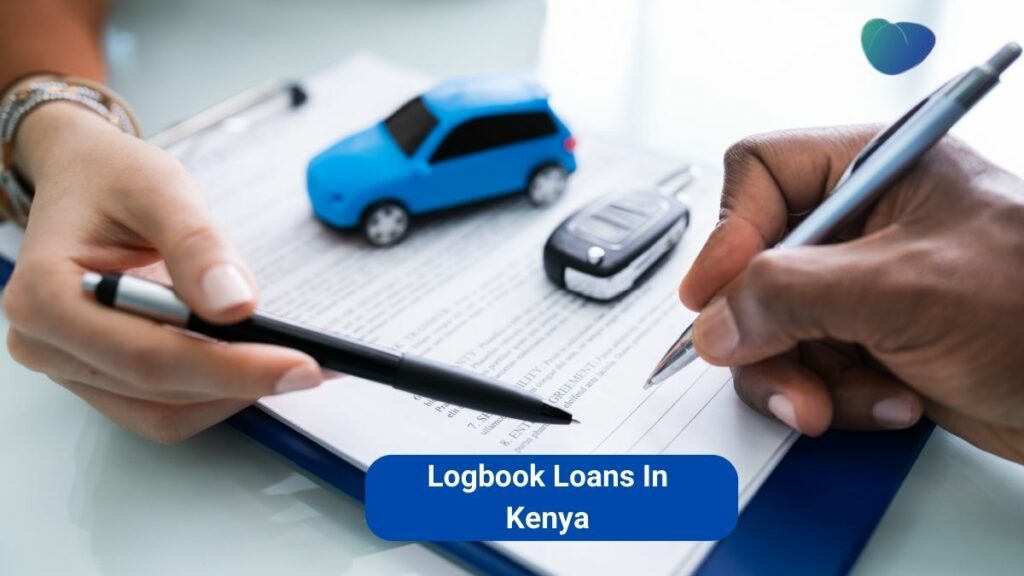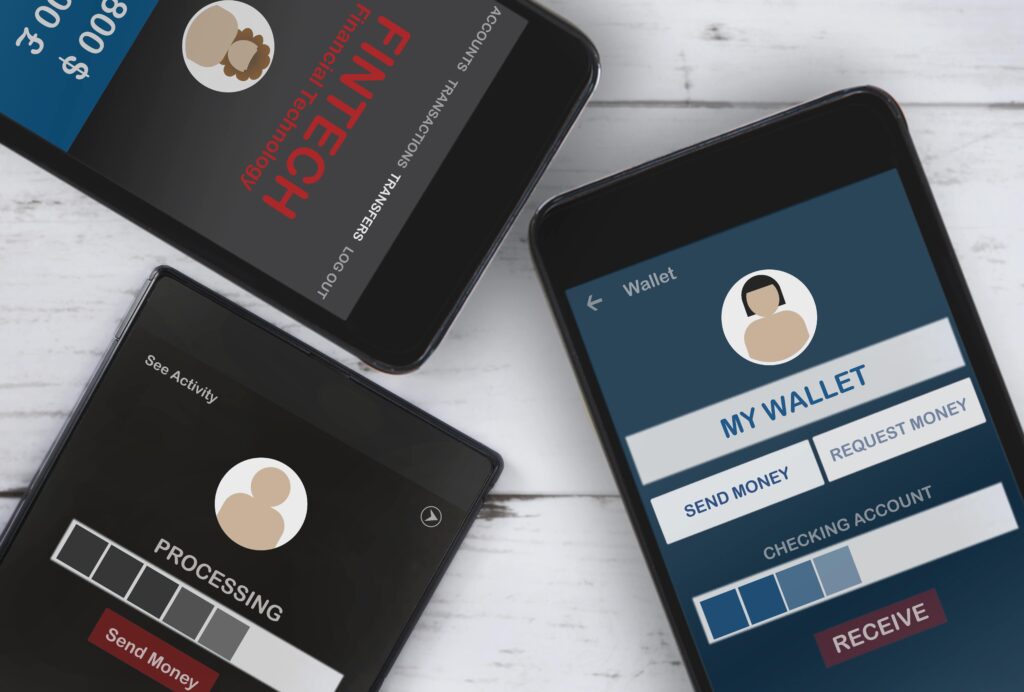People generally take loans when they fall short of money to fund their immediate expenses. On the other hand, for a lender, not that simple. The lender actually considers several factors while evaluating the eligibility of a personal loan applicant before sanctioning a loan.
Rejection and disqualification occur when applicants fall short of certain criteria or requirements. This article contains brief enlightenment on a few steps to avoid loan rejection
Here are the 5 reasons the financial credit provider of your choice may reject your loan :

Mistakes in the loan application
Banks do not consider loan applications with mistakes or errors. In fact, some banks will get the application verified through third-party agencies.
This to ensure that there is no misrepresentation or deliberate hiding of facts. How to apply for a loan might vary depending on the company. So be sure to do research before getting on with it.
Taking multiple loans
People have a habit of looking for multiple loans when they don’t get the desired loan amount from one lender. They also do this when they have already taken a loan and want more money to meet certain expenses.
Now, if you take multiple loans, it could mean over-leverage and risk of falling into a debt trap. This can be disastrous for your future financial security as well as it may affect your credit score.
Not enquiring directly about the loan with lenders
Loan applicants should avoid direct loan and credit card enquiries with lenders as credit bureaus consider such enquiries as hard enquiries. Instead, loan applicants should visit the online financial marketplace to compare various personal loans offerings and select the best one.
Making too many Job switches
Having a steady means of income can go a long way in boosting your chances in getting a loan. Lenders love to work with financially stable individuals. This way they are sure of your repayment capability.
For sanctioning a bigger amount of loan, lenders also consider the time period of your present employment. Thus, you should avoid frequent job switches during your career, as it may have a negative impression on the lenders.
Not comparing and choosing the product that best suits your needs and means.
This is an important key-point to note. Banks and other financial bodies will decline your loan application if they feel you’ll not be able to make repayments.Instead, personal loan applicants should visit the online financial marketplace to compare various personal loans offerings and select the best one.
Conclusion
If they deny your application, don’t despair. Remember, most loans are met with a hard no. Take positives from the experience by learning from your errors and submitting an even stronger application the next time around.
This approach ensures progress. Keep it up and you’ll eventually get the finance you or your business requires.




